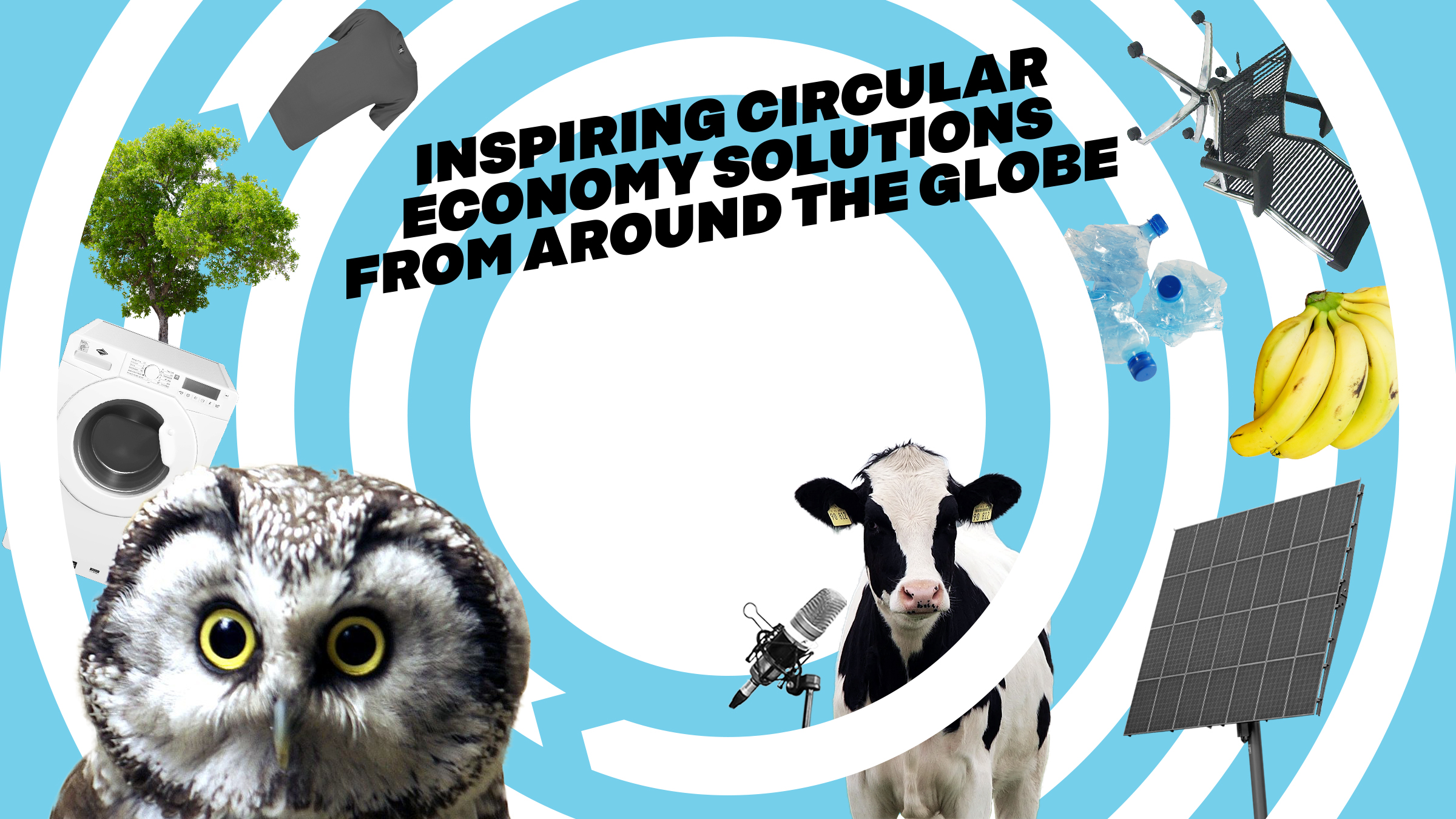SunCrafter’s upcycled solar modules provide an agile solution for the global challenge of providing clean and affordable energy on-demand and wherever needed, whilst preserving materials and carbon emissions, which are caused by the production of new photovoltaic panels. The solution works wherever grid power is not easily available: from energy-poor regions to urban environments lacking adequate charging infrastructure for electric vehicles.
The idea behind SunCrafter originated when the founders were contracted to run quality controls on industrial solar farms. Triggered by the realisation that every year millions of functioning solar panels go to waste, they developed a first solution to provide a life for these modules: the EasyPanel technology. The solution required heavy initial R&D investments. SunCrafter then moved on to adapting its core product, standalone solar systems to various environments with varying needs of complexity and robustness.
Problem
Accumulation of solar panel waste is escalating in the coming years without an economically and ecologically viable solution for disposal. Most decommissioned modules are not financially competitive in grid applications. At the same time sufficient access to electricity is lacking for many people around the world. Access to energy is crucial for low-income households to generate income and develop.
Solution
SunCrafter offers a range of upcycled solar modules and other related components. By applying their own reconfiguration process onto decommissioned solar modules, they are upcycling them into uniquely robust plug & play solar generators for essential low voltage energy access. SunCrafter’s urban e-mobility charging stations are more sophisticated, but work with the same second life resources.
SunCrafter extends the lifetime of solar panels and fosters access to renewable energy. The company has partnered with the EU to research and provide standardisation for the reuse of solar panels and is an advocate for circular renewable energy: for their urban e-mobility station they plan to deploy second life battery packs as to complete the circular concept of the product. SunCrafter harvests sunlight as an affordable energy source for everyone, wherever it is needed.
Environmental impact
As the solution replaces diesel generators, SunCrafter’s products save around 0.3kg of CO2 per kWh of energy generated. Providing all currently unconnected habitats with solar generators would save 22 million tonnes of CO2 annually. This could be achieved with 3 million tonnes of repurposed solar panels that avoid being incinerated or tossed to landfills, which is also a major environmental threat due to leaking toxins.
Social impact
Lowering the upfront cost of solar power by reusing rehabilitated modules, increases the access to energy for remote or low-income households. When used to provide energy access to energy poor regions, the potential of positive social impact is particularly high. Access to electricity is a multiplier for other sustainable development goals such as improving health, education and economic development.


Inspired?
Check out all solutions.